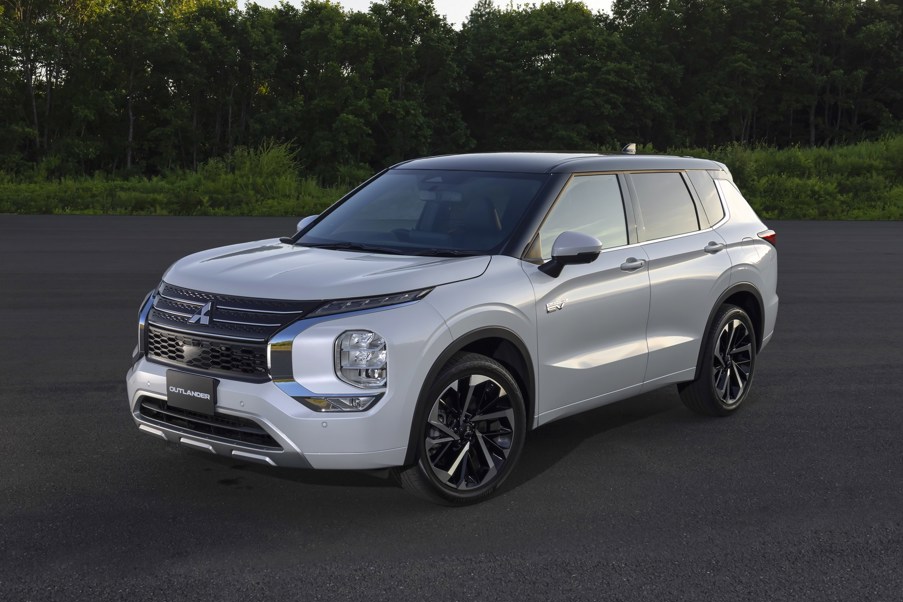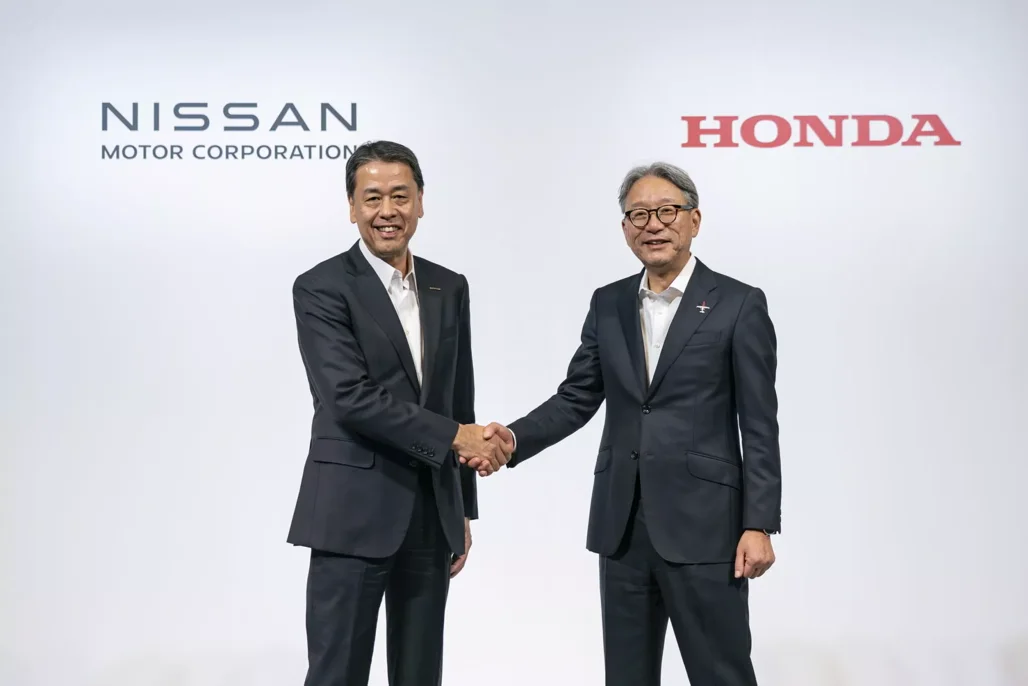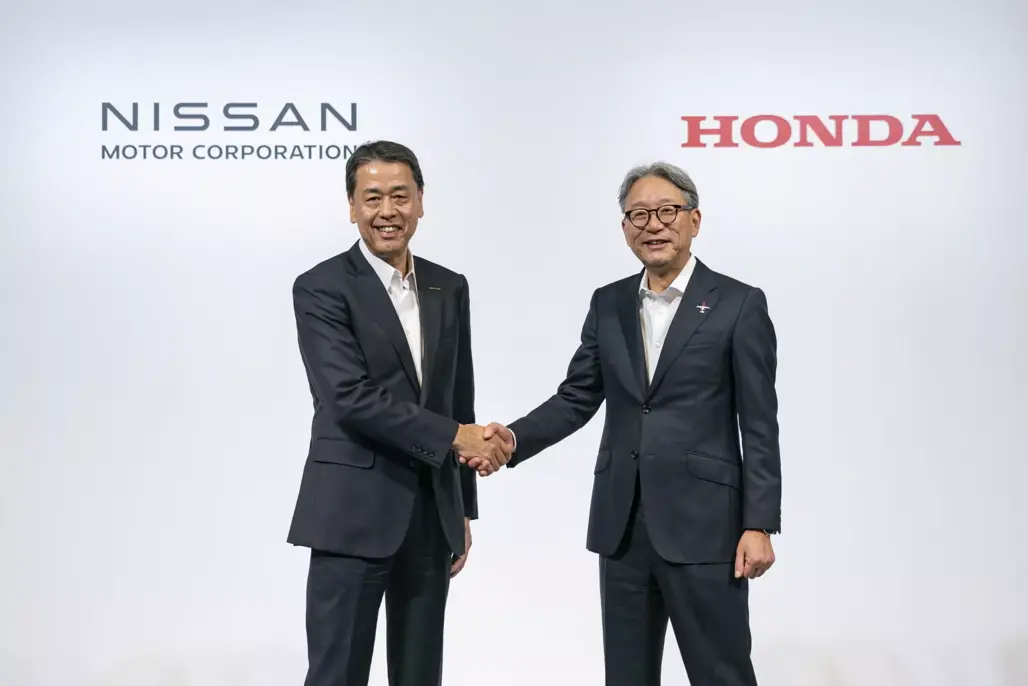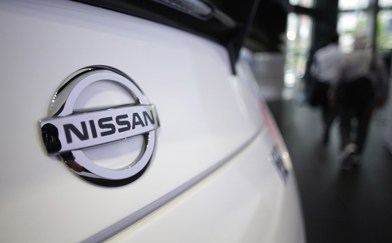Japanese automakers Mitsubishi, Nissan and Honda have officially joined forces in what could become an impactful alliance aimed at accelerating the development of electric vehicles (EVs) and cutting-edge EV software.
This strategic move builds on Nissan and Honda's partnership announced in March 2024. The new agreement is expected to reshape the industry landscape, allowing the two companies and Mitsubishi to pool their resources and expertise to better compete with Chinese rivals while achieving carbon neutrality faster.
Japanese synergy

Under the newly formed alliance, Mitsubishi, Nissan and Honda will collaborate on software development and share the research and development costs associated with electrification.
This move is expected to streamline the development process and bring innovative technologies to market more quickly.
Mitsubishi President and CEO, Takao Kato, expressed his enthusiasm for the partnership, stating: "Collaboration with partners is essential in today’s automotive industry, which is undergoing rapid changes due to technological innovations such as electrification and intelligence. We believe that we can discover new possibilities in a variety of fields through collaboration among the three companies.”
In addition to the broader alliance, Nissan and Honda have agreed to deepen their collaboration by co-developing platforms for next-generation software-defined vehicles (SDVs).
These SDVs are expected to revolutionise modern vehicles by integrating advanced software, autonomous driving capabilities, connectivity and artificial intelligence (AI).
As part of their joint efforts, Nissan and Honda will also share batteries and key EV components such as motors, inverters and e-axles for future production models. This strategic move is expected to reduce costs while ensuring a steady supply of crucial components for each brand's growing EV lineups.
In addition, the alliance will explore the possibility of sharing models across Nissan and Honda's respective brands in specific regions, offering consumers a wider range of options.
The two companies are also considering collaborating on energy services in Japan, including charging infrastructure, to support the growing adoption of EVs.
The road ahead

The team-up between Mitsubishi, Nissan and Honda evokes similarities between the recent collaboration announced by Toyota, Mazda and Subaru. However, that particular alliance focuses more on next-generation combustion engines and hybrid technology.
In any case, this strategic realignment between key Japanese automakers is expected to intensify competition and drive innovation in the global car market.





